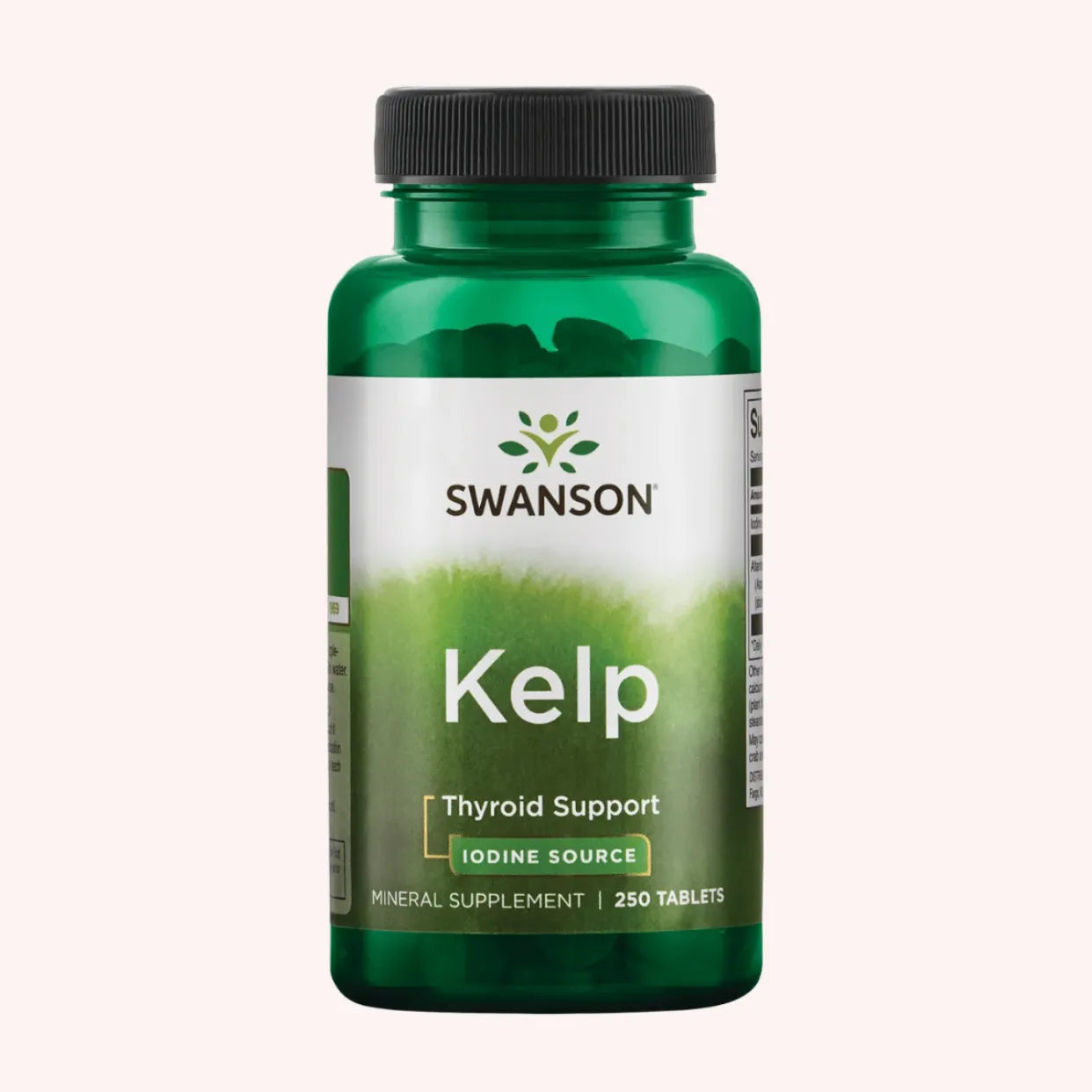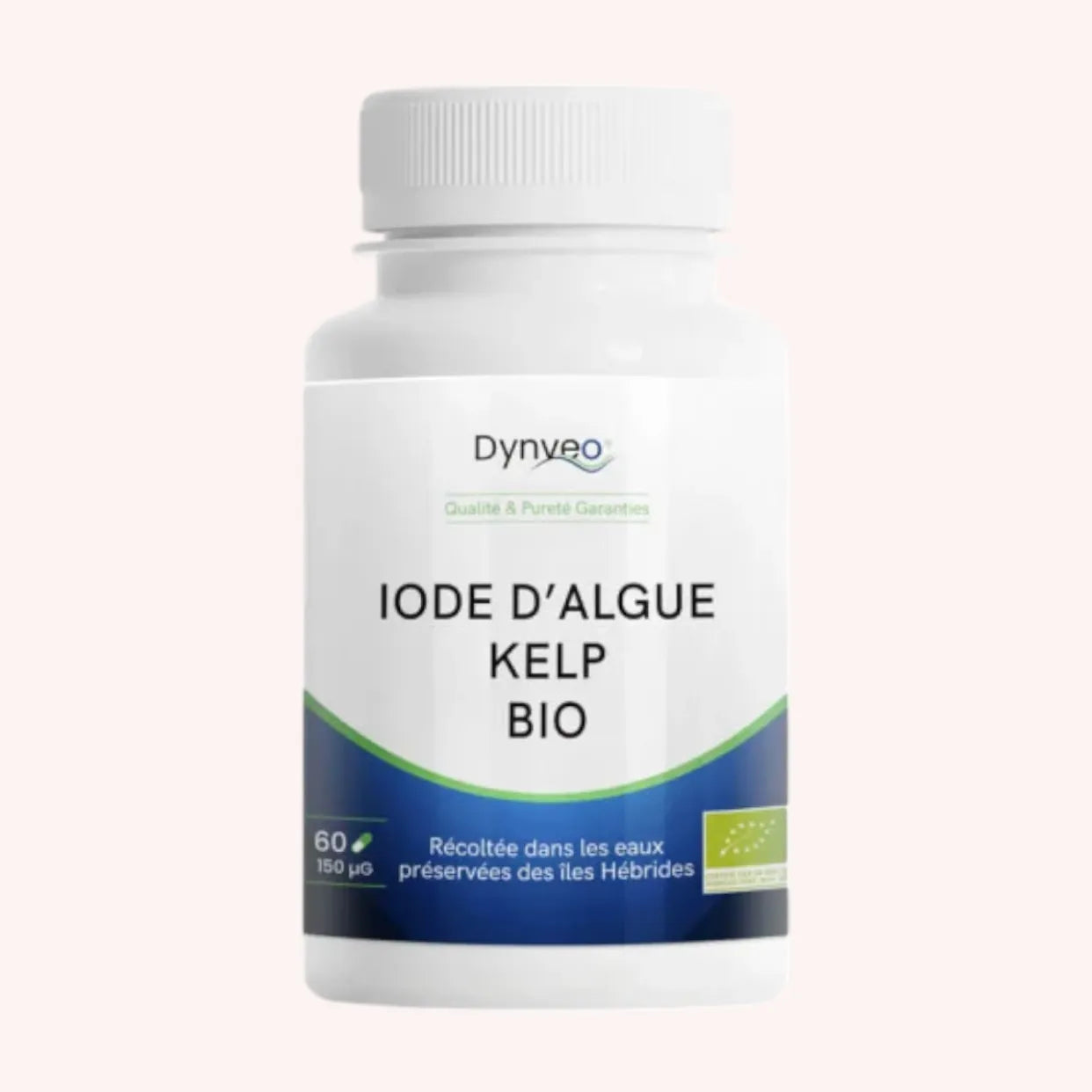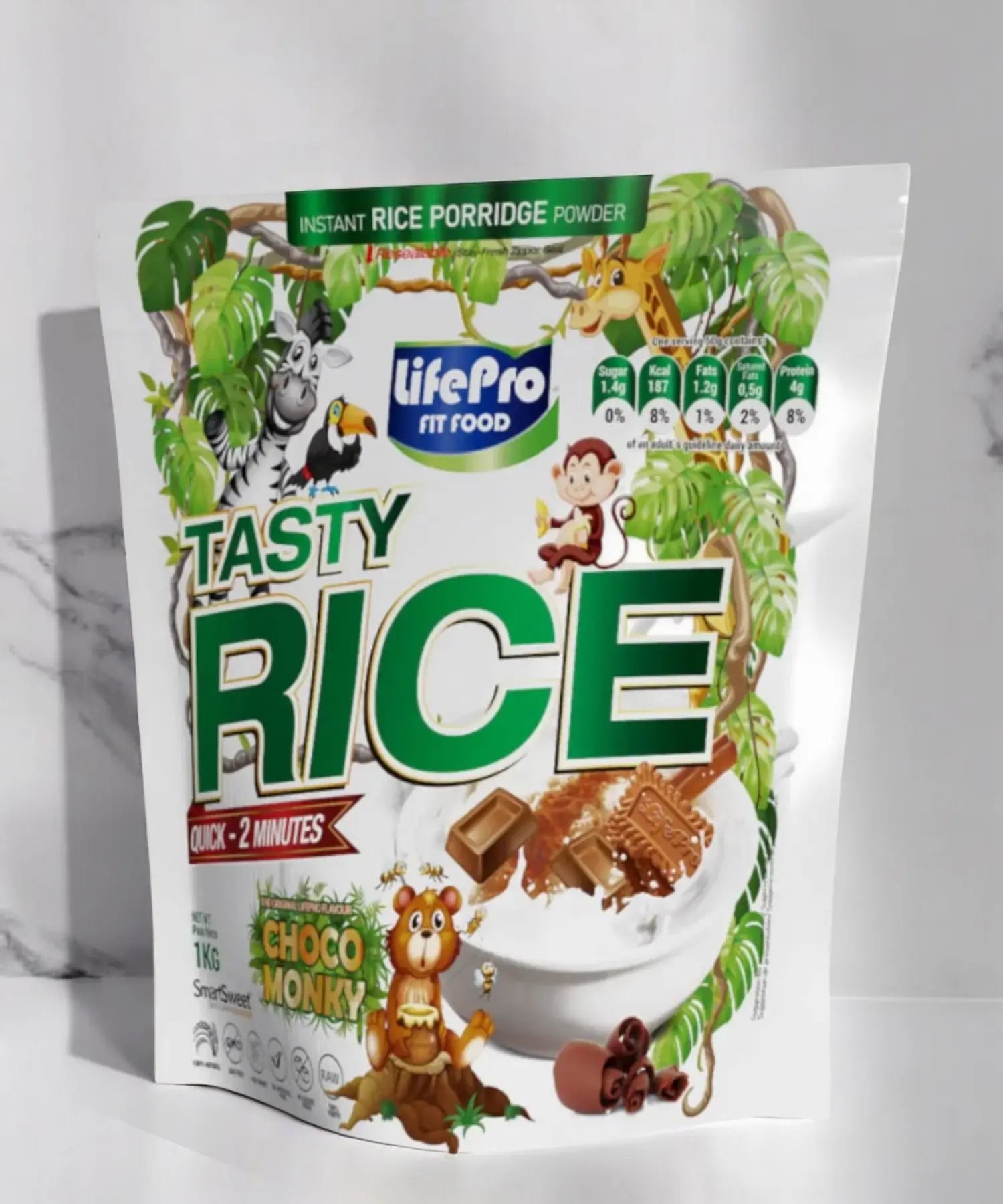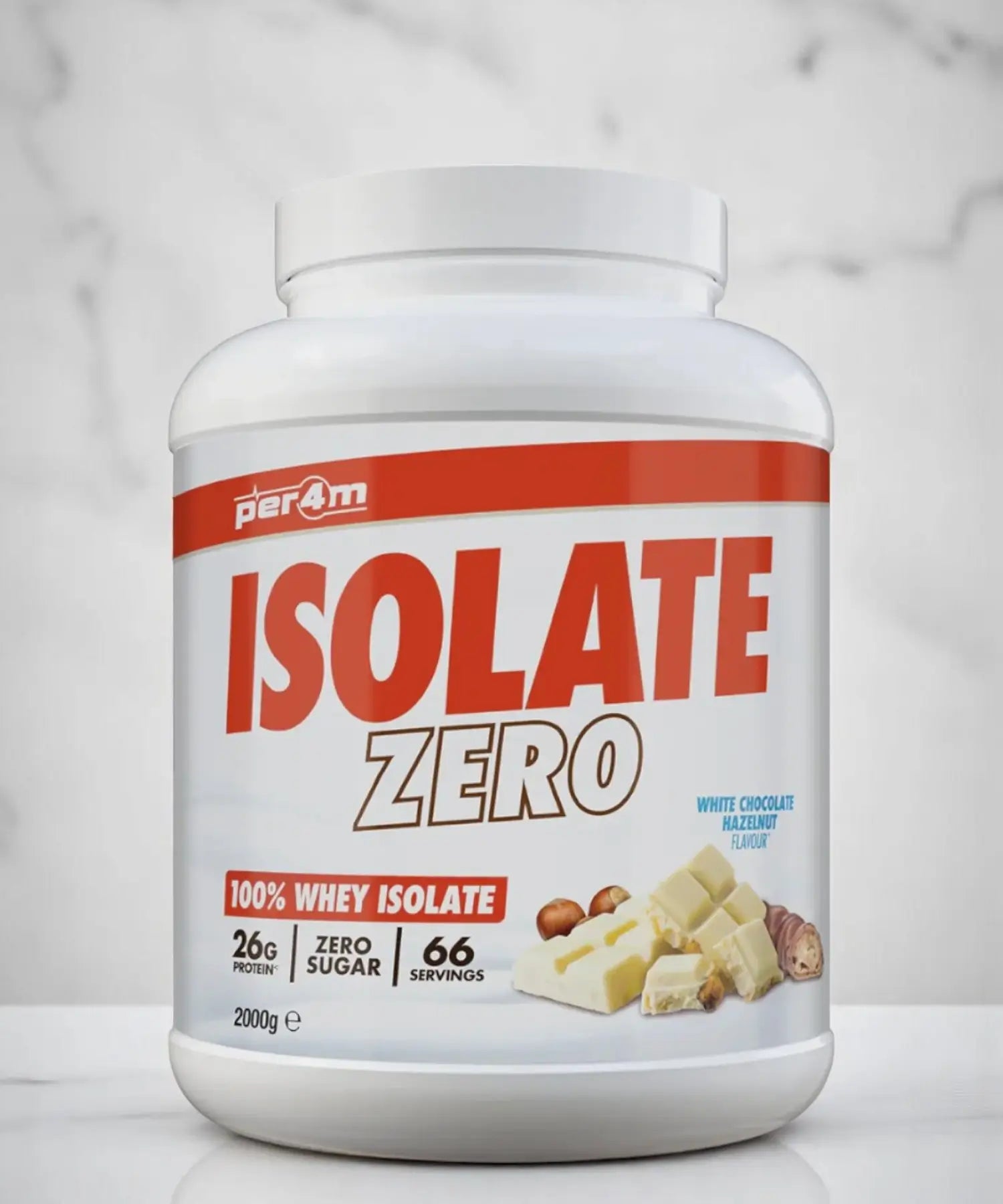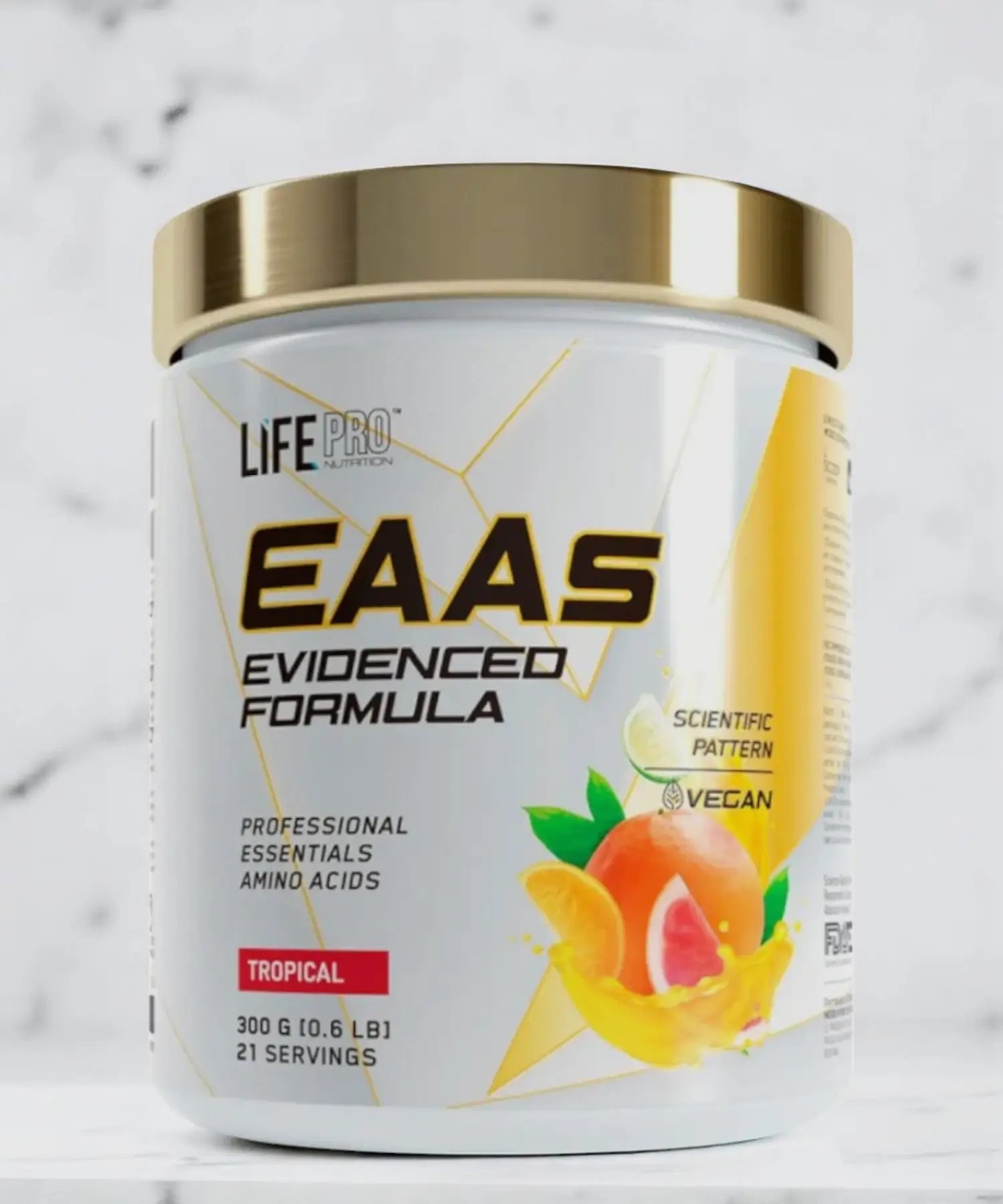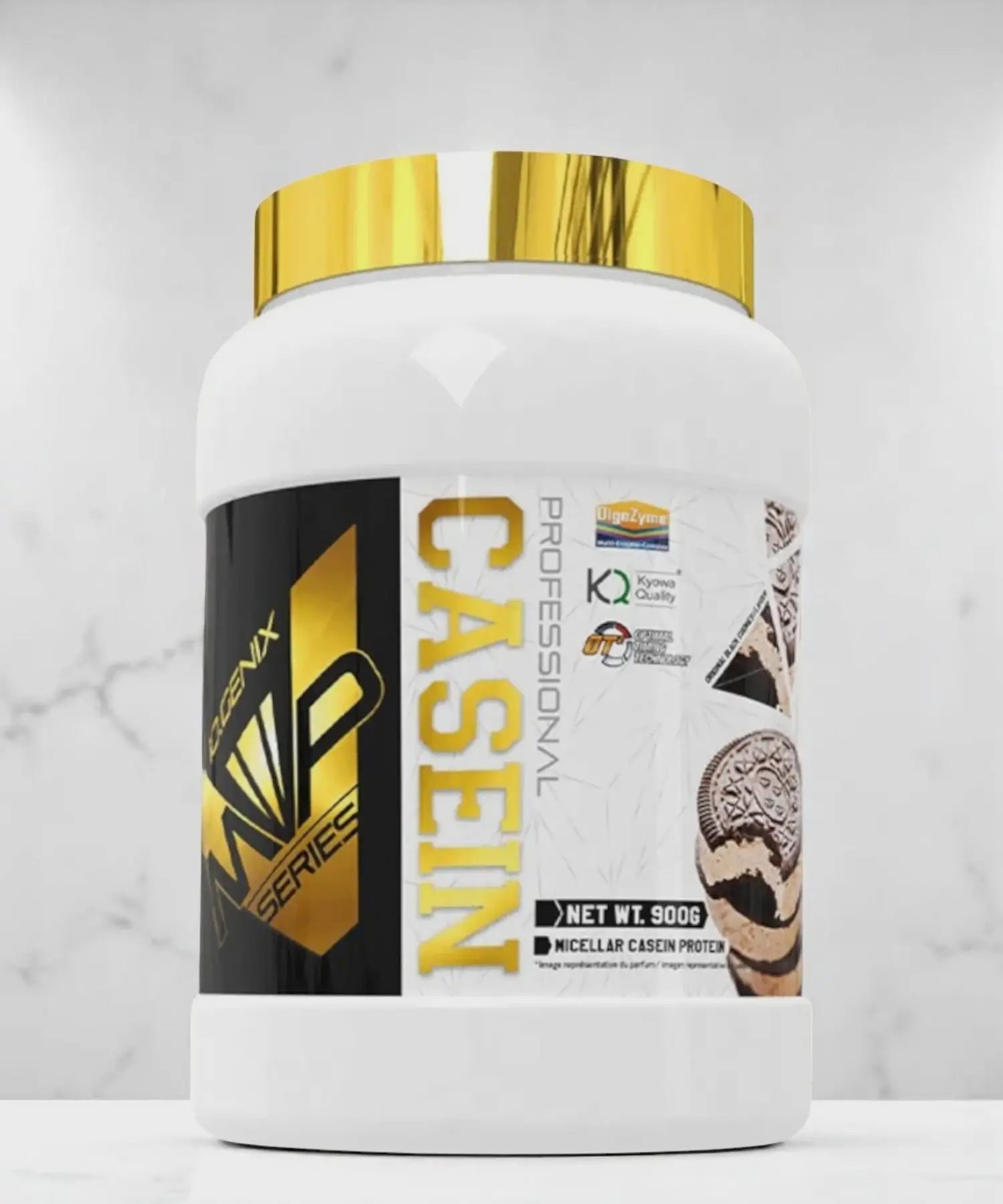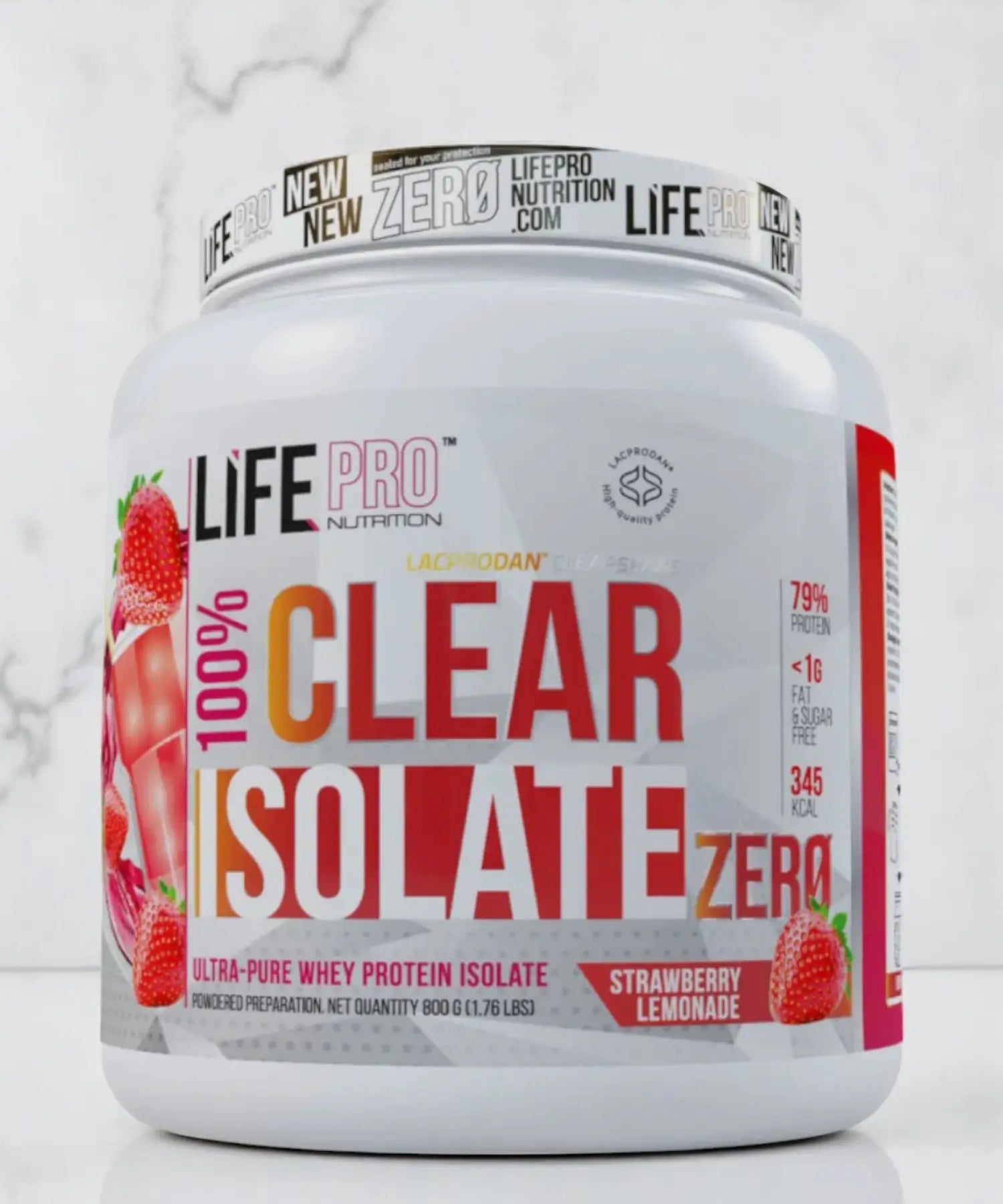2 products
Iodine is an essential trace mineral , particularly for the normal production of thyroid hormones. Among the richest natural sources of iodine, brown seaweed, such as kelp, stands out. Used for centuries in some Asian cultures, this marine algae is now attracting growing interest as a natural dietary supplement.
Here's a comprehensive overview of kelp as a natural source of iodine: its benefits, specific characteristics, precautions to be aware of, as well as practical advice on how to choose it and use it appropriately to meet your needs.
What is Kelp?
Kelp is a large brown seaweed belonging to the Laminariaceae family. It is found primarily in the cold, shallow waters of the North Atlantic and Pacific Oceans. Kelp is widespread in marine ecosystems, growing in dense forests on rocky seabeds, where it plays a role in biodiversity.
Traditionally consumed in several Asian cultures, particularly in Japan, Korea, and China, kelp is used as a food in its own right. It is incorporated into soups, broths, salads, and even stews. Its slightly gelatinous texture and unique flavor make it a valued ingredient both for its taste and its nutritional properties.
In addition to its culinary uses, kelp is increasingly popular as a dietary supplement. Due to its high iodine, mineral, and vitamin content, it is often available in various forms, such as capsules or tablets.
Iodine: An essential trace element
Iodine is a trace mineral essential for many bodily functions. Although it is not produced naturally by the human body, it is essential for our health. Indeed, iodine must be obtained through diet, primarily from marine foods such as fish, shellfish, and seaweed like kelp, but also from dairy products, eggs, and certain vegetables.
Iodine contributes to several physiological functions, including:
- Normal cognitive function : It contributes to memory and concentration.
- Normal thyroid function : It contributes to the normal production of thyroid hormones (T3 and T4), which participate in normal energy metabolism.
The main dietary sources of iodine intake
Since iodine is a nutrient that the body cannot produce, it is essential to obtain it from food or through food supplements.
Here are the main categories of foods rich in iodine:
1. Seafood : These are by far the most concentrated sources of iodine.
- Sea fish : cod, pollock, codfish, mackerel, herring, etc.
- Seafood and shellfish : shrimp, mussels, oysters
- Seaweed : kelp, kombu, wakame,
Seaweed, especially brown seaweed such as kelp, is among the richest foods in iodine, but its content can vary greatly.
2. Dairy products : Milk, yogurt, cheese or butter provide a moderate amount of iodine.
3. Eggs: Especially the egg yolk, which contains a significant dose of iodine.
4. Certain vegetables and grains: The iodine content of vegetables depends heavily on the iodine content of the soil in which they are grown. In some regions, vegetables (such as green beans, potatoes, or spinach) may contain low amounts of iodine.
5. Iodized salt: In many countries, table salt is voluntarily fortified with iodine to combat deficiencies in the population. It is an accessible source, but should be used in moderation as part of a balanced diet, due to sodium intake recommendations.
Incorporating these foods into a varied and balanced diet helps cover daily iodine needs, while supporting thyroid function and other associated metabolic functions.
Buying guide: how to choose the right kelp supplement?
Kelp is increasingly popular as a dietary supplement, particularly in capsule form. But not all products available on the market are equal. Here are the essential criteria for making an informed, effective, and risk-free choice.
1. Opt for kelp capsules: a practical and concentrated solution
Kelp capsules have several advantages:
- Precise dosage : they allow you to precisely control the amount of iodine consumed each day.
- Ease of use : They are easy to integrate into a daily routine, without taste or odor, unlike raw forms or algae powders.
-
Optimal conservation : the capsules protect the active ingredients from humidity and oxidation.
They are therefore particularly suitable for people looking for regular and well-controlled supplementation, in particular to increase their intake.
2. Check the iodine content
This is one of the first things to look at. Kelp is naturally very high in iodine, which can be beneficial, but also problematic in case of overdose. Choose a supplement that clearly indicates the amount of iodine per daily dose , and that remains within the nutritional recommendations (about 150 mcg per day for an adult ).
3. Choose a formula without unnecessary ingredients
Some brands add additives, binders, or fillers that have no nutritional benefit. Choose simple , pure products with a short ingredient list. Vegetable capsules (without animal gelatin) are also recommended for their better tolerance.
4. Check the manufacturing quality
A good supplement must meet strict standards: certifications, traceability, batch number, clearly identified manufacturer. These elements guarantee a high level of safety and quality .
5. Adapt the choice to your personal needs
- In case of a diet low in seafood, vegetarianism or reduced consumption of iodized salt, supplementation may be useful.
- If you have a known thyroid problem , or if you are taking hormone treatment, it is essential to consult a health professional before taking kelp.
Risks associated with kelp consumption
Although kelp is a natural and interesting source of iodine, its consumption must be regulated. Due to its high iodine concentration , excessive intake can unbalance thyroid function.
Kelp supplementation, even in well-dosed capsules, should remain moderate, targeted and adapted to your personal situation . For this reason, it is strongly recommended to consult a health professional (doctor, endocrinologist, nutritionist) before considering regular intake. This monitoring helps ensure that iodine intake is beneficial, without creating hormonal or metabolic imbalance.
Practical recommendations
To benefit from the advantages of iodine kelp, while limiting the potential risks associated with overconsumption, it is important to adopt a reasoned approach:
- Choose products from reliable and controlled sources , ideally harvested in unpolluted marine areas and tested for their purity (absence of heavy metals, arsenic, etc.).
- Carefully follow the instructions on the supplement to avoid overdosing. Excessive consumption of iodine, even natural iodine, can disrupt thyroid balance.
- Be alert to signs of thyroid imbalance : If in doubt, consult a healthcare professional for a proper assessment.
- Avoid self-medication , especially if you are taking hormone therapy or have a history of thyroid disorders.
In summary, kelp consumption can be beneficial as part of a balanced nutritional approach, provided it is well informed, supervised and adapted to your individual needs.
Conclusion
Kelp is a natural source of iodine that may contribute to thyroid health. However, due to the variability of its iodine content and the potential risks associated with excessive consumption, it is crucial to use it with discretion and under medical advice.
A balanced and informed approach allows you to reap the benefits of kelp while maintaining your health.
Sources
- Blikra, M.J., Henjum, S., & Aakre, I. (2022). Iodine from brown algae in human nutrition, with an emphasis on bioaccessibility, bioavailability, chemistry, and effects of processing: A systematic review. Comprehensive Reviews in Food Science and Food Safety. DOI: https://ift.onlinelibrary.wiley.com/doi/10.1111/1541-4337.12918 .
- Köhrle, J. (2023). Selenium, Iodine and Iron–Essential Trace Elements for Thyroid Hormone Synthesis and Metabolism. International Journal of Molecular Sciences, 24(4), 3393. DOI: https://www.mdpi.com/1422-0067/24/4/3393 .
- ANSES (2022). Iodine: why and how to consume it? French Agency for Food, Environmental and Occupational Health Safety. https://www.anses.fr/fr/content/iode-pourquoi-et-comment-en-consommer





